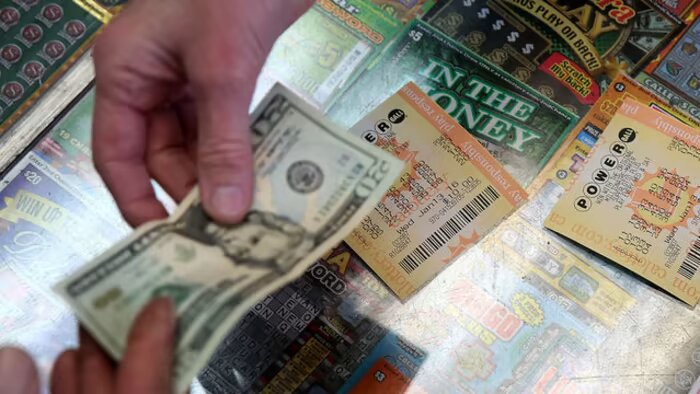In the realm of dreams, few fantasies rival the allure of winning the lottery. The promise of instant wealth, a life free from financial constraints, and the ability to fulfill long-held desires captivates millions around the world result macau. Yet, beneath the surface of this tantalizing prospect lies a complex interplay of chance, strategy, and the enigmatic psychology of winning.
Lotteries, in their modern form, trace their origins back centuries, evolving from simple raffles to sophisticated multimillion-dollar enterprises. Whether it’s the Powerball in the United States, EuroMillions in Europe, or the El Gordo in Spain, the fundamental principle remains unchanged: purchasing a ticket grants participants a shot at life-altering riches.
At its core, the lottery embodies the essence of randomness. Numbers are drawn at random, devoid of bias or favoritism, making every ticket theoretically equal. This randomness fuels the dreams of millions, providing a glimmer of hope that transcends social and economic boundaries.
However, the allure of the lottery extends beyond mere chance. Behind every ticket purchase lies a delicate balance between optimism and rationality. While the odds of winning the jackpot are infinitesimal, the act of buying a ticket represents a symbolic investment in hope—a belief in the possibility of defying the odds and achieving the extraordinary.
Yet, hope alone cannot sway the forces of probability. As the saying goes, “you can’t win if you don’t play,” but playing alone does not guarantee success. In recent years, a growing body of research has shed light on the role of strategy in maximizing one’s chances of winning.
Statistical analysis, for instance, has revealed certain patterns and trends in lottery numbers, challenging the notion of pure randomness. While no strategy can guarantee victory, some players opt to select numbers based on frequency or historical data, believing that past outcomes may influence future draws.
Moreover, the rise of syndicates and lottery pools has emerged as a popular strategy among players seeking to improve their odds. By pooling resources and purchasing tickets collectively, participants can spread the cost while increasing their chances of winning—a testament to the power of cooperation in the face of uncertainty.
Yet, for all its allure and strategies, the lottery remains a game of chance—a fact that psychologists and behavioral economists have long sought to understand. The psychology of winning encompasses a myriad of factors, from the thrill of anticipation to the emotional rollercoaster of triumph and defeat.
Studies have shown that the act of winning can elicit a range of emotions, from euphoria and disbelief to anxiety and even guilt. The sudden influx of wealth can transform lives overnight, bringing both newfound opportunities and unforeseen challenges.
Moreover, the allure of the lottery can sometimes lead to detrimental behaviors, such as excessive spending or gambling addiction. For vulnerable individuals, the promise of wealth can become a dangerous obsession, fueling a cycle of hope and disappointment.
In conclusion, the lottery embodies a fascinating intersection of chance, strategy, and psychology. While luck remains the ultimate arbiter of success, understanding the underlying dynamics can empower players to make informed decisions and navigate the complexities of the game.
Whether it’s a casual indulgence or a lifelong pursuit, the lottery continues to captivate hearts and minds around the world, offering a glimpse into the human psyche and the eternal quest for fortune. So, as the next draw approaches and dreams hang in the balance, remember: in the game of chance, anything is possible.


